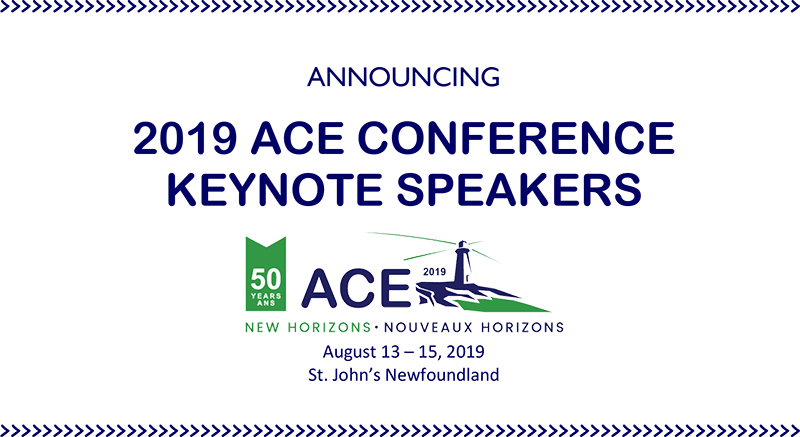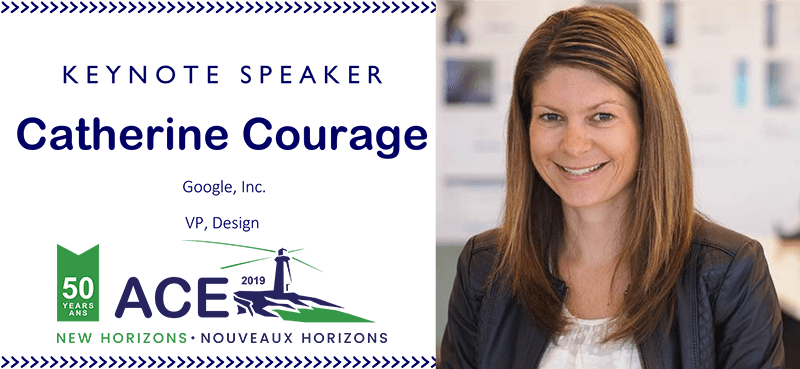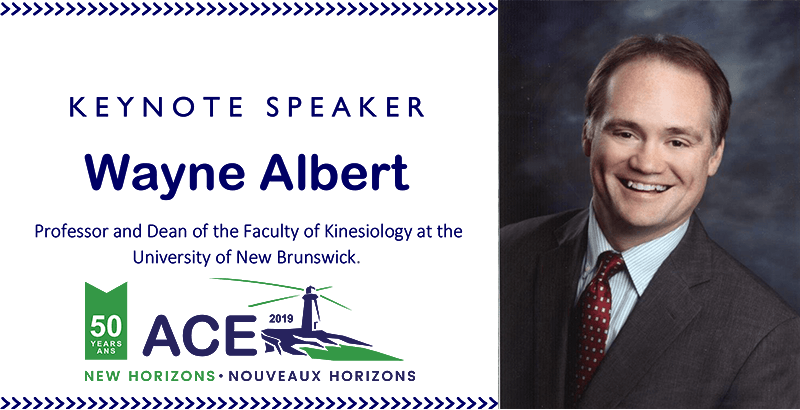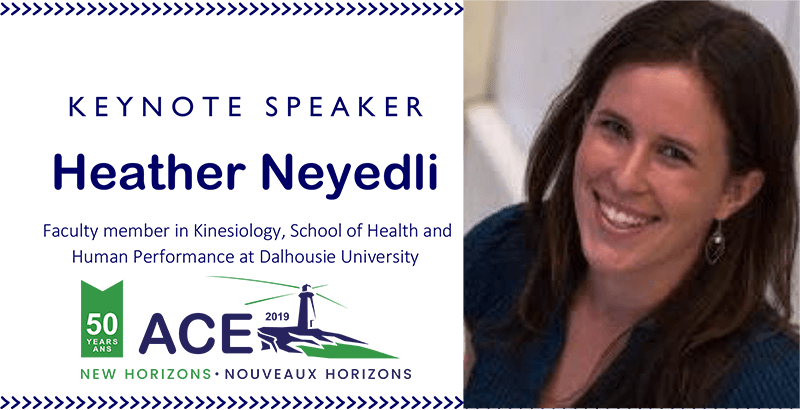

Title of the talk: Design Thinking to Disrupt Traditional Thinking
Have the services and/or products you deliver your customers significantly advanced over the last decade? Too often we strive to drive greater innovation, but fail to make significant progress. Frequently stuck in routines or processes that have proven successful in past we fail to make meaningful change. It is everyone’s responsibility to foster a culture that embraces change. We all need to inspire and ignite a new way of thinking about factors that contribute to exceptional experiences for the people we serve. Catherine will discuss strategies and approaches to help drive new ideas and great innovation.
Catherine’s passion is delivering world-class products and services that drive customer delight, adoption and loyalty. As VP of Product Design and Experience for Google Ads, Payment and User she is responsible for defining the end to end experience across these critical business and user products. Catherine held similar executive positions previously at DocuSign, Citrix and Salesforce.com. Catherine coauthored the book “Understanding Your Users,” and is an active writer and speaker on creativity, innovation and design. She has been featured in Harvard Business Review, The Wall Street Journal, Fast Company, Huffington Post and TEDx. She has twice been selected by the Silicon Valley Business Journal – as one of Silicon Valley’s "40 under 40" young tech leaders, and as one of Silicon Valley’s 100 Most Influential Women. Catherine made Forbes list of “Top 10 Rising Stars at The World’s Most Innovative Companies. “She currently sits on board of directors for Insight Enterprises and the California College of the Arts.

Title of the talk: Ships, Helicopters and Automobiles: Transportation Vehicles as the Working Environment
Automobiles, trucks, buses, ships and helicopters are not only modes of transportation, but also serve as a working environment for a substantial number of people. Different transportation vehicles provide specific ergonomic and human factors challenges. This presentation explores a number of consultancy and research projects representing a combination of laboratory and field-based approaches that address physical and cognitive demands associated with working on or operating these vehicles. Many of the laboratory-based projects incorporate the use of vehicle simulators to better provide ecological validity of the working environment for assessment purposes.
Dr. Albert is a Professor and Dean of the Faculty of Kinesiology at the University of New Brunswick. Dr. Albert has a BSc. in Kinesiology from the University of Ottawa, a Master degree from the University of Western Ontario and his PhD in Occupational Biomechanics from Queen's University. Dr. Albert's research focuses on occupational biomechanics (ergonomics) and the prevention of musculoskeletal injuries in the workplace as well as general low back health. Although his basic NSERC-funding research program has focused on modifications to work technique related to neuromuscular fatigue, the major of his research program has had been applied in nature. As such, he has had the good fortune to be involved in numerous collaborative research projects with researchers from Alberta, Ontario and Atlantic Universities as well as several industry partners.
Dr. Albert has been involved in a variety of occupational research projects including focusing on cumulative joint loading, neuromuscular demands and neuromuscular fatigue accommodations in industries ranging from automotive assembly to offshore workers in moving environments to military helicopter pilots using night-vision equipment mounted to their helmets to driving occupations (bus drivers; police cruisers; long-haul truck drivers). Most recently Dr. Albert has been involved with a Moncton-based manufacturing company in the design of an ergonomically- designed and fully modifiable seat-design to promote musculoskeletal health and driving vigilance for long-haul truck driving. He has also been working with WorkSafeNB in an effort to reduce MSI in focus industries such as Waste Disposal and Garage Technicians.
Dr. Albert has been active member of the Society of Biomechanics since 1991 and was named a Fellow of the Society in 2012. He has also been an active member of the Association of Canadian Ergonomist since 1991, serving on the executive of the Atlantic Chapter from 2007 to 2011 including a term as President from 2009 to 2011.

Title of the talk: Human Technology Teaming; exploring the relationship
Consideration of the human and technology team is critical to ensure a high level of overall system performance. One of the main concerns in human technology teaming is whether the human uses or relies on the technology appropriately. Technology use is affected by factors relating to the environment, the technology and the human. The talk will discuss these factors and give suggestions on how human factors professionals and designers can promote appropriate use of automation and provide examples of human-technology teaming in very different contexts; one in a military and one in sport context (golf). These examples will demonstrate how different factors and contexts can affect the human’s relationship with technology and affect system performance.
Dr. Heather Neyedli is a faculty member in Kinesiology, in the School of Health and Human Performance at Dalhousie University with cross appointments to the Departments of Industrial Engineering, Psychology and Neuroscience and Physiotherapy. She heads the Cognitive and Motor Performance Lab (https://cognitiveandmotorperformancelab.com/), which performs both fundamental and applied research on cognition, neuroscience, automation and their relationship to human-system performance. Research in the lab is funded through the Natural Science and Engineering Research Council (NSERC), Social Sciences and Humanities Research Council (SSHRC), Defence Research and Development Canada (DRDC), Canadian Foundation for Innovation (CFI) and the Nova Scotia Health Research Foundation (NSHRF) reflecting the interdisciplinary nature of her research program. Previously she was a Marie Curie Post-Doctoral Fellow in Clinical Neurosciences at the University of Oxford. As part of her fellowship she belonged to the Adaptive Brain Computations Project that spanned multiple centres across the EU whose aim was to perform ground-breaking research in neural plasticity. She completed a Ph.D in the Faculty of Kinesiology and Physical Education and a Masters of Applied Science in the Mechanical and Industrial Engineering Department both at the University of Toronto. Outside of research, she enjoys applying her knowledge about human performance in coaching rugby at the high school and university level.



